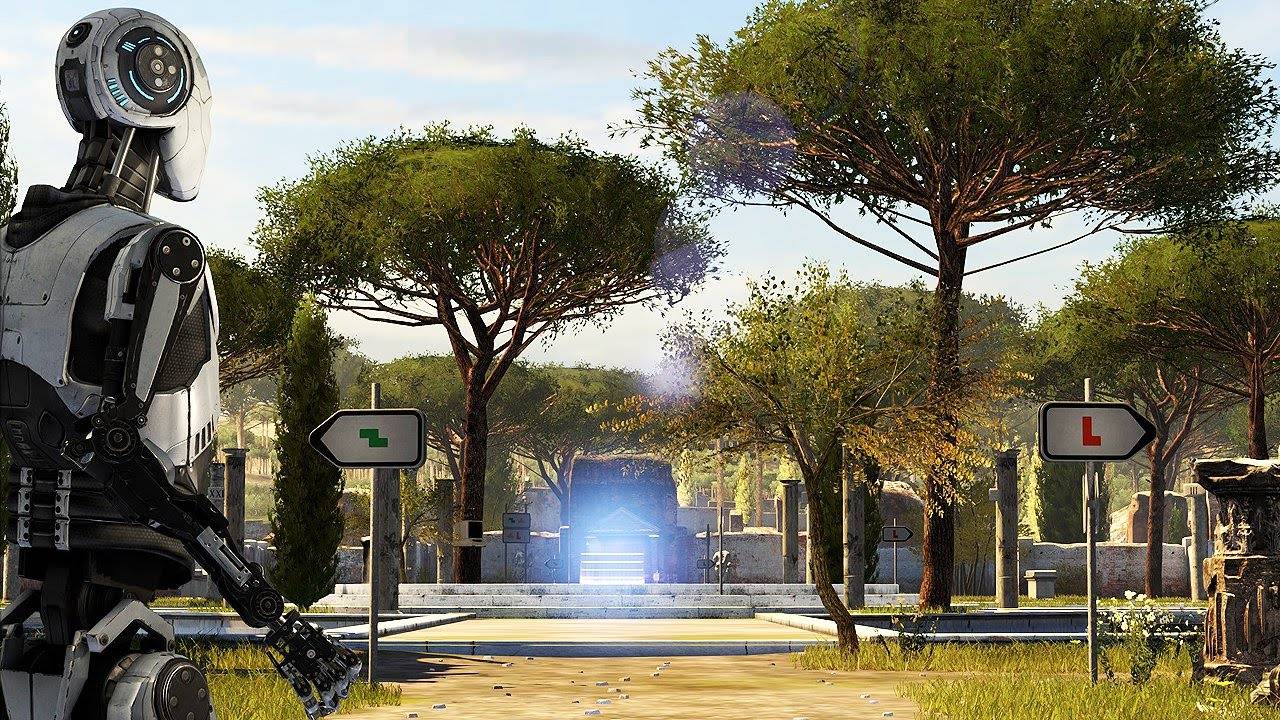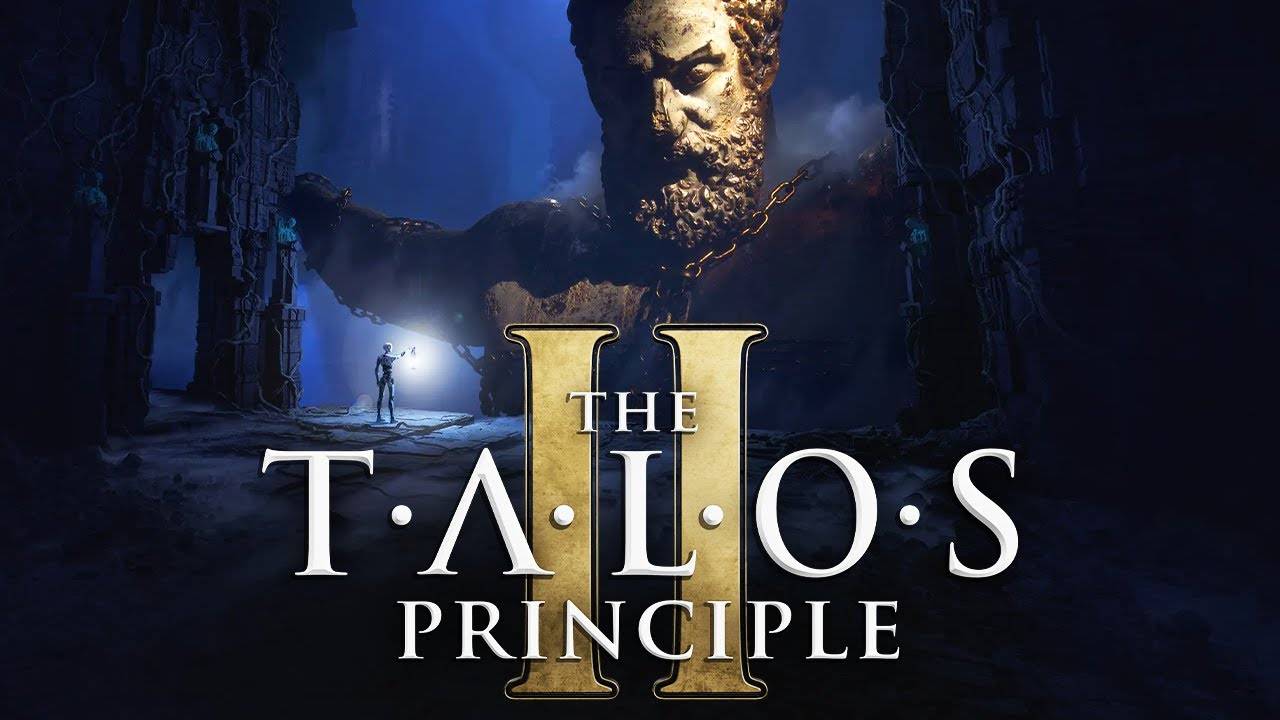
The Talos Principle is a game in the first -person puzzle genre, developed by the Croteam studio, known for her projects in the action genre, but in this case she decided to engage in the creation of an intellectual and philosophical game. In this review, we will examine in detail the key aspects of the game, its unique mechanics, as well as the main ideas that it raises.
1. The plot of the game: philosophy and artificial intelligence
The plot of The Talos Principle fascinates with its multi -layer and philosophical subtext. The game puts the player before important questions about the consciousness, existence and place of man in the world.
The main plot points:
The main plot of The Talos Principle is full of symbolism and ambiguity. In it you can see many references to classical philosophical themes, such as human consciousness, algorithms and limitations of artificial intelligence.
2. Gameplay: puzzles and interactive mechanics
The Talos Principle is an intellectual test for lovers of puzzles. Each level of the game is carefully thought out tasks that require the player not only logical thinking, but also the ability to look at things from different points of view.
Key game mechanics:
The puzzles in the game are diverse and adjusted to a philosophical theme, each new level is a unique test that requires more and more complex solutions.
3. Characters and artificial intelligence: interaction with the world
The Talos Principle is not just a puzzle, but also a game of interaction with artificial intelligence and finding the meaning of existence. The game explores the topics of self -awareness and the roles of AI in the world.
Basic characters:
The idea that AI can be self -conscious creates a space for philosophical thoughts. The characters ask Elo questions about the meaning of life, and his answers open up new horizons of understanding.
4. Visual style: gloomy and majestic world
The Talos Principle attracts attention not only with its gameplay, but also to the visual style. The player is in a world that combines ancient ruins and futuristic elements, which creates a unique combination of styles and moods.

Visual features of the game:
Visual design perfectly corresponds to the philosophical and mystical topics of the game, creating an atmosphere of reflection on life and being.
5. Music and sound design: immersion in the philosophical world
Music in The Talos Principle plays a key role in creating an atmospheric and meditative mood, which perfectly complements the philosophical theme of the game.
The sound design enhances the effect of solving puzzles and progress in the game, emphasizing every moment and creating a unique atmosphere.
6. Re multiplypers: alternative solutions and endings
The Talos Principle is highly reiglable thanks to many alternative pathways and endings. After the first passage, players can return to the game to explore new ways to solve puzzles and the disclosure of storylines.
Alternative elements of the game:
Conclusion: Why is the Talos Principle
The Talos Principle is not just a game, but a real philosophical Odyssey that makes you think about the meaning of life, artificial intelligence and the future of mankind. The game combines intellectual puzzles with deep thoughts on topics of consciousness, technology and existence.
Advantages of the game:
If you like games that not only entertaining, but also make you think, The Talos Principle is exactly the game that is worth going.

I found the optimization guide particularly useful.
William Miller
04.15.2025The blog posts provide a genuine passion for gaming.